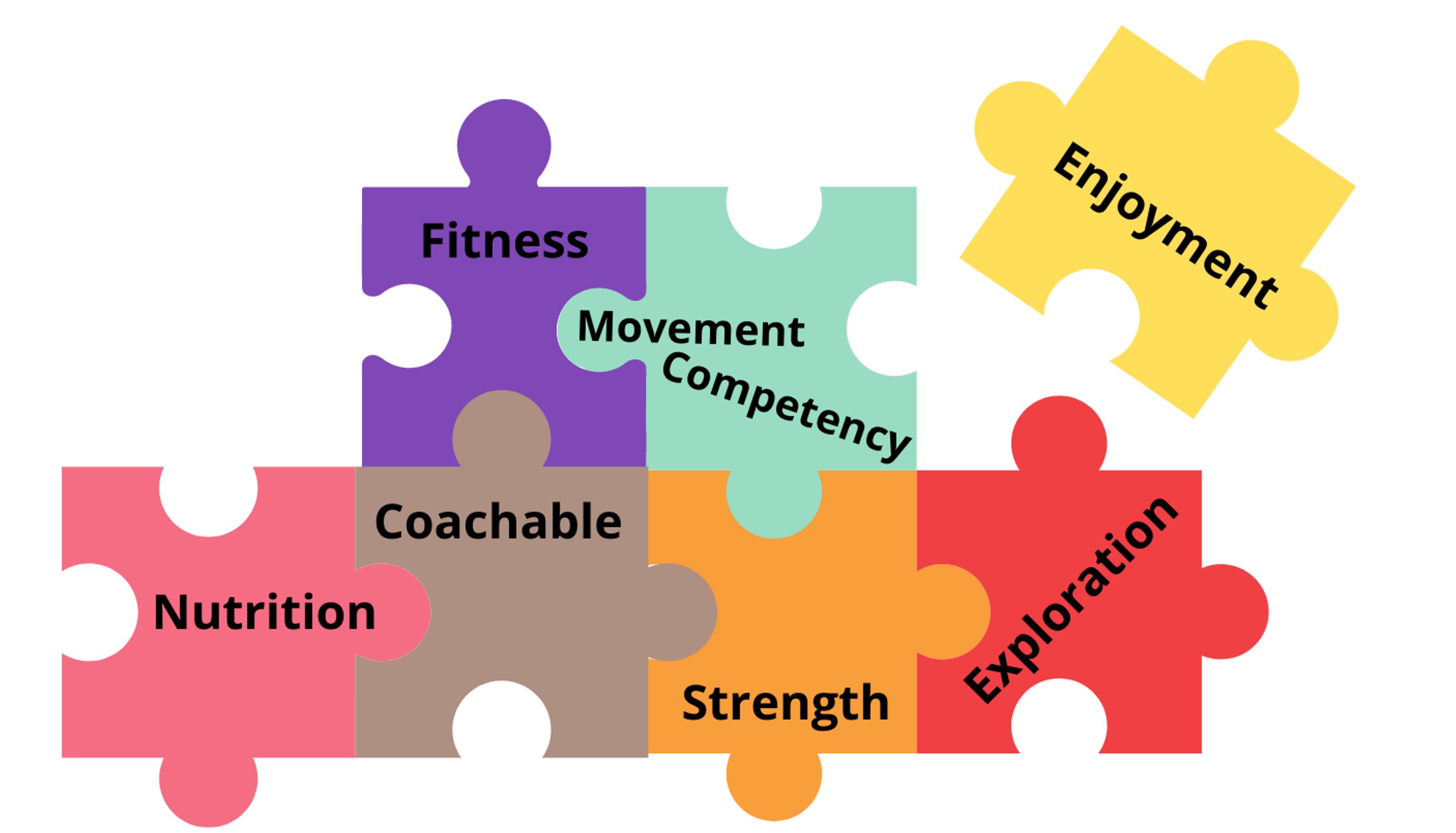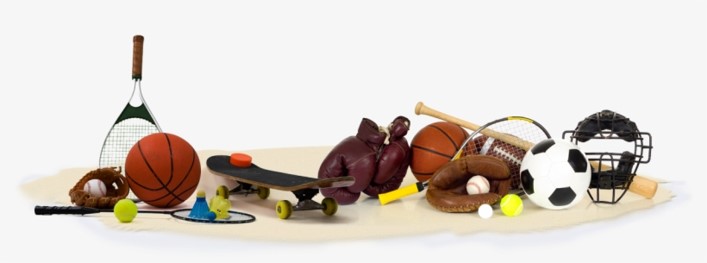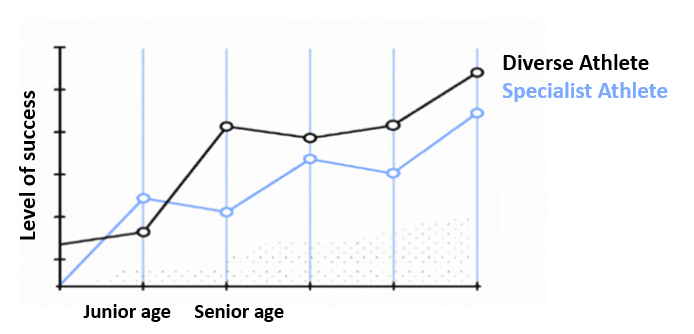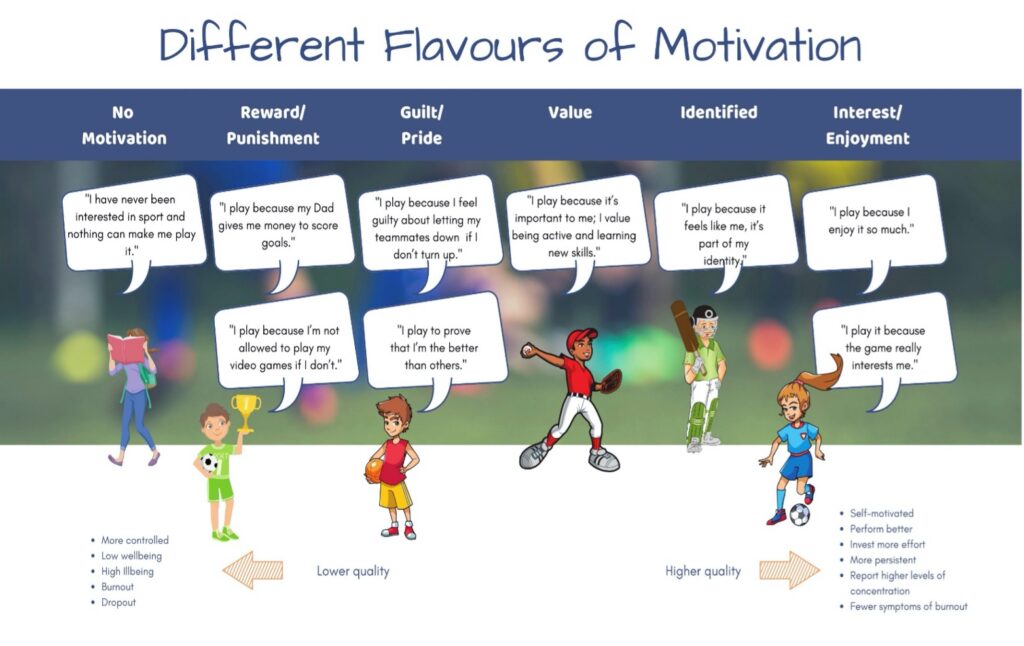


Queensland Academy of Sport
As a parent or guardian, it is important to remind the athlete you support that there are many pieces that contribute to their journey of being an elite athlete. Along with providing emotional support, the goal for you is to guide them through developmental activities that hopefully lead to positive experiences and long-term engagement in sport. This may include encouraging sports sampling, play-over-practise on some occasions, or guiding them to remain diverse across a couple sports until being required to specialise.


It is important that young developing athletes continue to sample sports, meaning they play a variety of sports or they sample within their sport (e.g., play different positions such as attack and defence or different versions of the same sport such as soccer and futsal). Participation in different sports before committing to a particular one is linked to improved competence, confidence, self regulation skills, and interpersonal skills. It also encourages exploration of movement and allows young aspiring athletes to determine what sports they enjoy the most.
Some people worry that sampling sports may hinder achievement of expertise in a given sport. However, this is actually not the case when peak performance is reached after maturation.


The modern view of early specialisation stems from the notion that the onset and quantity of deliberate practise is directly linked to the achievement of elite athlete success. However, deliberate practise in sport is not the most enjoyable activity for youth to engage in, requires high level of physical and mental effort, and requires optimal resources.
We recommend that young developing athletes stay diverse in their sporting avenues for as long as possible. Diversification does not impact an athlete’s ability to achieve success in their chosen senior sport. In fact, research suggests that athletes who specialise too early may achieve success at a junior age, but not during senior age. This could be due to early specialisation risks:


Of course, there are some sports such as gymnastics, diving and skateboarding where early specialisation cannot be avoided based on the competing age of athletes at the Olympics or Paralympics.
The highest quality of motivation is enjoyment! Not surprising right?
However, the below infographic designed by Lara Mossman is a nice reminder that not all motivation is equal, and some is better for your children’s longevity in sport than others. So, what sort of motivation do you encourage as a parent?



